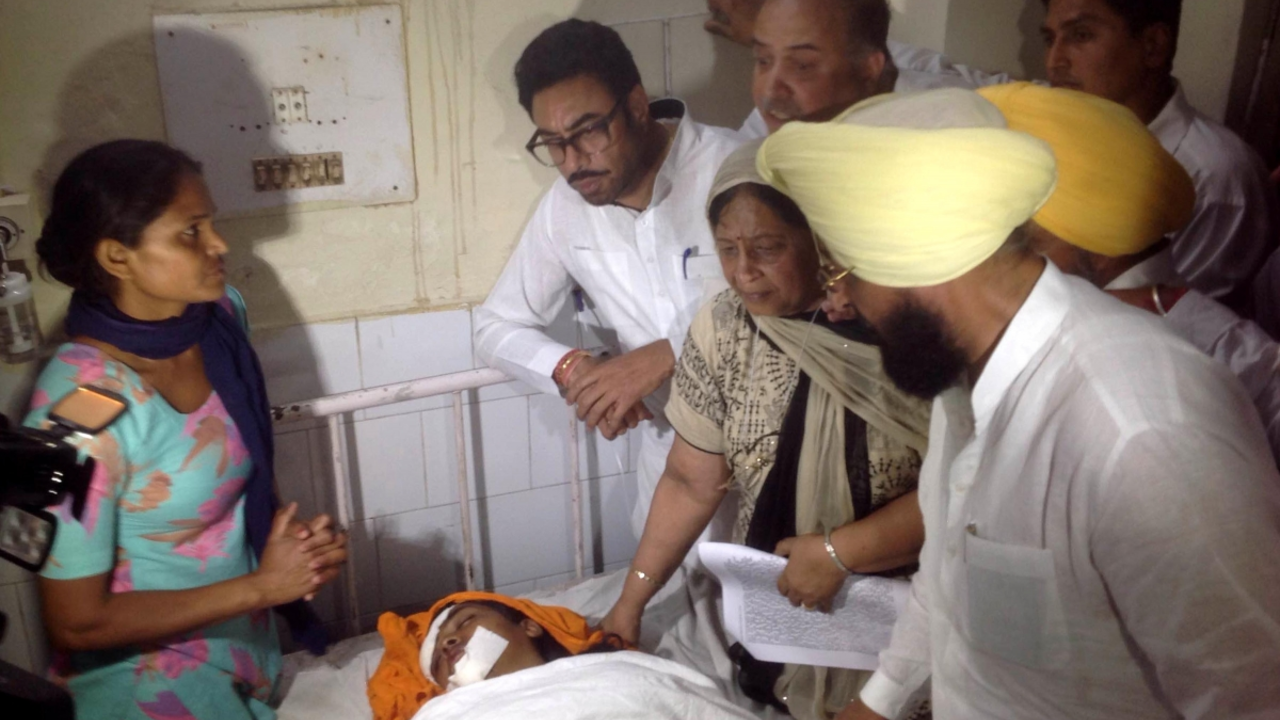Lack of Assistance: Real Stories of Struggle and Resilience
When help isn’t there, people find their own way—sometimes with pain, sometimes with surprising strength. On this page we collect stories that show what happens when support falls short, whether it’s a family, a community, or a system that should protect us.
Family and Cultural Barriers
Suniel Shetty’s nine‑year fight for his family’s blessing to marry Mana Shetty illustrates how cultural expectations can become a wall of silence. The couple kept steady, even when the industry nudged Suniel toward a single life. Their story shows that lack of assistance from relatives can push people to fight harder for love.
Rishabh Pant’s critics also highlight a different kind of gap. Fans who dislike his aggressive style feel the media often backs him without enough balance. The result is a conversation that feels one‑sided, leaving those who question him without a platform to voice concerns.
Public Safety and Neglect
Six migrants lost their lives in a Madhya Pradesh truck crash. Their tragedy underscores how dangerous journeys become when authorities don’t provide safe routes or proper oversight. The lack of assistance puts vulnerable travelers at constant risk.
In another case, a journalist’s video about a roti‑and‑salt midday meal sparked a legal battle. Though the court cleared him, the incident reveals how a missing safety net for school nutrition can drag educators and children into controversy.
The wildlife protection act does punish roadkill, but many drivers still aren’t aware of the law. When animals die on highways, the absence of public education and enforcement leaves the ecosystem vulnerable.
Travel experiences also suffer when airlines drop the ball. A positive review of Air India shows what good service feels like, but it’s a reminder that many flyers still face delayed flights, lost baggage, and unhelpful staff—gaps that hurt confidence in air travel.
Even the media itself can feel the strain of missing assistance. A look at why Indian news often sticks to politics points to profit motives and ease of coverage. Other important issues, like health or education, get sidelined, leaving readers with a narrow view of the world.
From water projects like the Ken‑Betwa link pact, which promises relief to Bundelkhand, to debates over which newspaper serves readers best, the common thread is clear: when help arrives, lives improve; when it doesn’t, people struggle.
These stories aren’t just headlines—they’re everyday realities that show how essential support really is. By reading them, you’ll see where gaps exist and maybe spot ways to fill them, whether that’s speaking up, donating time, or simply staying informed.
So, what can you do? Start by recognizing the missing pieces in your own community. Share these stories, talk about them, and look for ways to lend a hand. Small actions add up, turning a lack of assistance into a network of help.
It's heartbreaking to acknowledge, but many in India hesitate to help accident victims due to fear of legal hassles and time-consuming police procedures. The societal stigma attached to being a good Samaritan is also discouraging, as people worry about getting entangled in the victim's issues. Sadly, lack of basic first aid knowledge is another factor limiting immediate assistance. The bystander effect, a psychological phenomenon where individuals are less likely to offer help to a victim when others are present, is also at play. To overcome this, it's crucial to spread awareness about Good Samaritan laws and educate people about basic lifesaving techniques.
